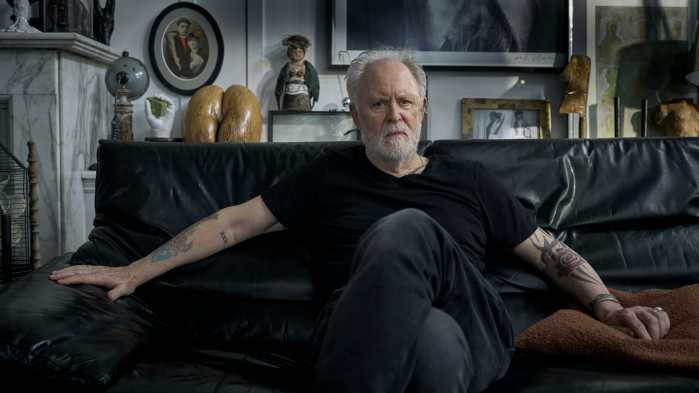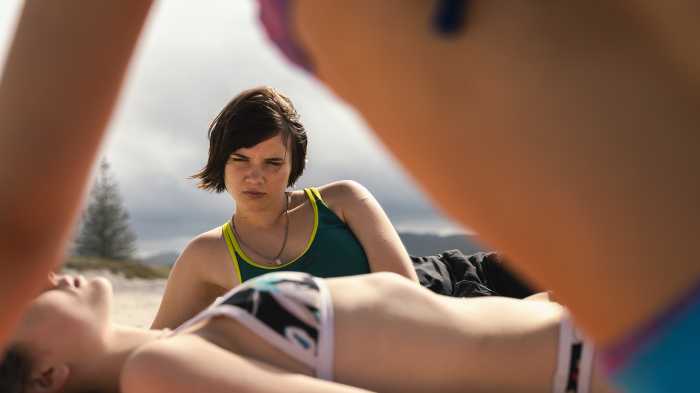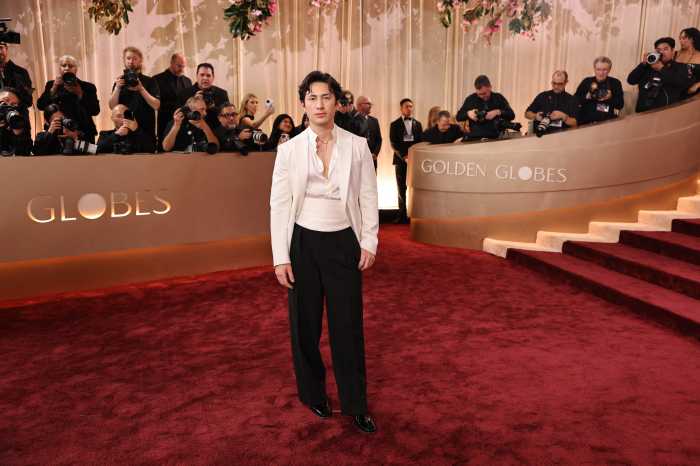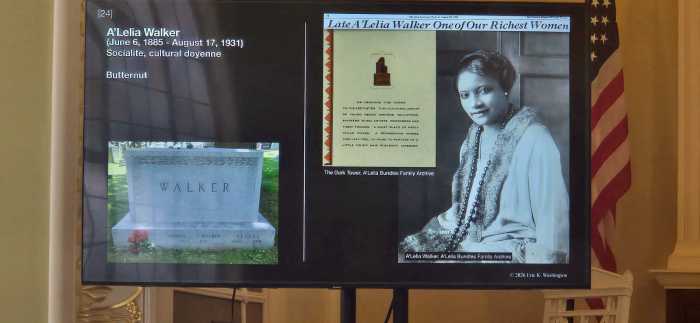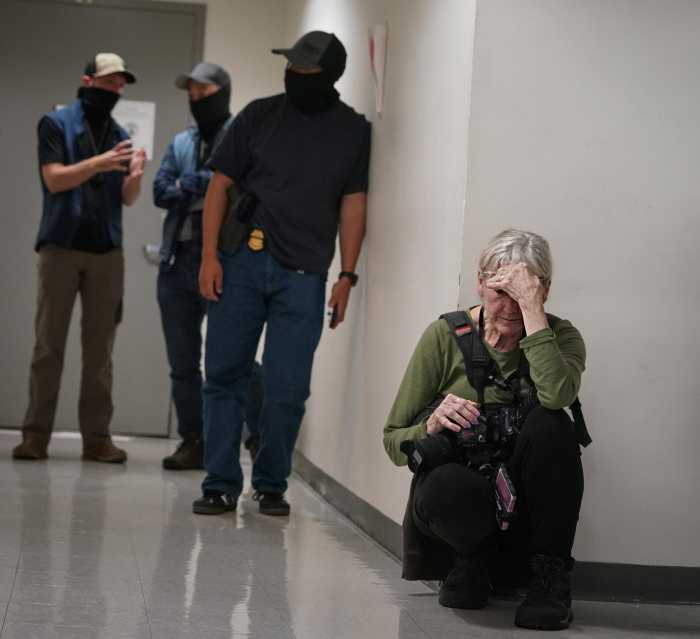Reports from the front in the Castro's war on AIDS
An essential film about the early years of the AIDS crisis in San Francisco, “We Were Here” is an impassioned documentary by, for, and about the queer community.
Director David Weissman presents heartfelt testimonies from five individuals who were on the frontlines of the pandemic. The interviewees — each of whom faced the AIDS crisis from a different vantage point — include Guy, a florist; Paul, an activist; Ed, an AIDS “buddy”; Eileen, a nurse; and Daniel, an HIV-positive artist. Their moving stories and observations about their experiences make “We Were Here” tremendously affecting.
Early in the film, the talking heads describe why they were originally drawn to San Francisco. Moving to the city in the early 1970s was an outgrowth of the counterculture movement; some said they felt “at home” as part of a visible and vibrant queer community.
“I came to San Francisco to be gay,” one individual proudly declares.
But as AIDS, an epidemic brewing undetected for some years, became visible by 1981, the community was transformed, “tested,” as Paul says, “in a way almost no other community on earth was tested.”
“We Were Here” recounts the responses to AIDS, a disease little understood in its early days. When Eileen describes the fear and homophobia that swept through hospitals — with doctors reluctant to treat or touch AIDS patients — her testimony is riveting. Footage from medical examinations is difficult to watch, but these images vividly emphasize Eileen’s points. Her dedication as a nurse caring for patients in the AIDS ward — and, most importantly, treating them with the respect they deserved — is uplifting.
Eileen’s comments are smartly juxtaposed with Paul’s criticisms about the stigmatization those with AIDS faced. He recalls fighting legal proposals initiated by folks like political gadfly Lyndon LaRouche to quarantine members of the gay community.
In other segments, Paul discusses how gays, lesbians, and their allies mobilized into action, recounting how some issues —such as a movement to close bathhouses — split the queer community. The film also documents the surge of lesbians donating blood to help their dying gay brothers.
The interviews with Ed illustrate how individuals responded to the crisis through volunteer efforts. He admits he had trouble connecting with gay men in the Castro, but says he found his place in the queer community working as an AIDS buddy through the Shanti Project. His reflections about how seeing photographs of an AIDS patient in a drug store motivated him to pitch in are poignant.
Florist Guy says he cannot count the number of funerals he coordinated in those years. His comment speaks volumes, and is echoed by the staggering number of newspaper obituaries for AIDS-related deaths Weissman shows.
Perhaps the most extraordinary testimony in “We Were Here” belongs to Daniel. His experiences while participating in — and removing himself from — a clinical trial involving the drug Suramin are horrifying. The study, he says, took the life of his partner, an immunologist who was HIV-positive, as well as all of the other test subjects. Daniel gets choked up recalling that he lost his best friend two weeks after his partner.
“It was like an avalanche,” he says, in a moment that will touch every viewer.
Wisely, the filmmaker allows his subjects to talk freely, allowing the power of their own words to drive the documentary. Weissman never underscores his subjects’ voices with music, which makes what they say all the more intimate and compelling. His seamless incorporation of photographs, archival materials, and footage also strengthens “We Were Here.”
Toward the end of the film, Weissman charts the queer community’s progress in creating an organized response to AIDS. ACT UP attracted huge turnout; activist Cleve Jones created the NAMES Project Foundation and the AIDS Memorial Quilt. The ability of the community to come together is mirrored in the commitment shown by the film’s five subjects.
Weissman ends “We Were Here” on a positive note. He shows how education and action stemmed the epidemic’s catastrophic spread, even if all that came too late to avoid staggering losses.
When Daniel wonders what life would be like had he not lost so many talented friends and lovers over the years, it is hard not to consider how different a world without AIDS would have been. This stirring film suggests how much worse the community would be without the devotion and perseverance of folks like Guy, Paul, Ed, Eileen, and Daniel.
Essentials:
WE WERE HERE
Directed by David Weissman
Red Flag Releasing
Opening Sep. 9
Angelika Film Center
18 W. Houston at Mercer St.


